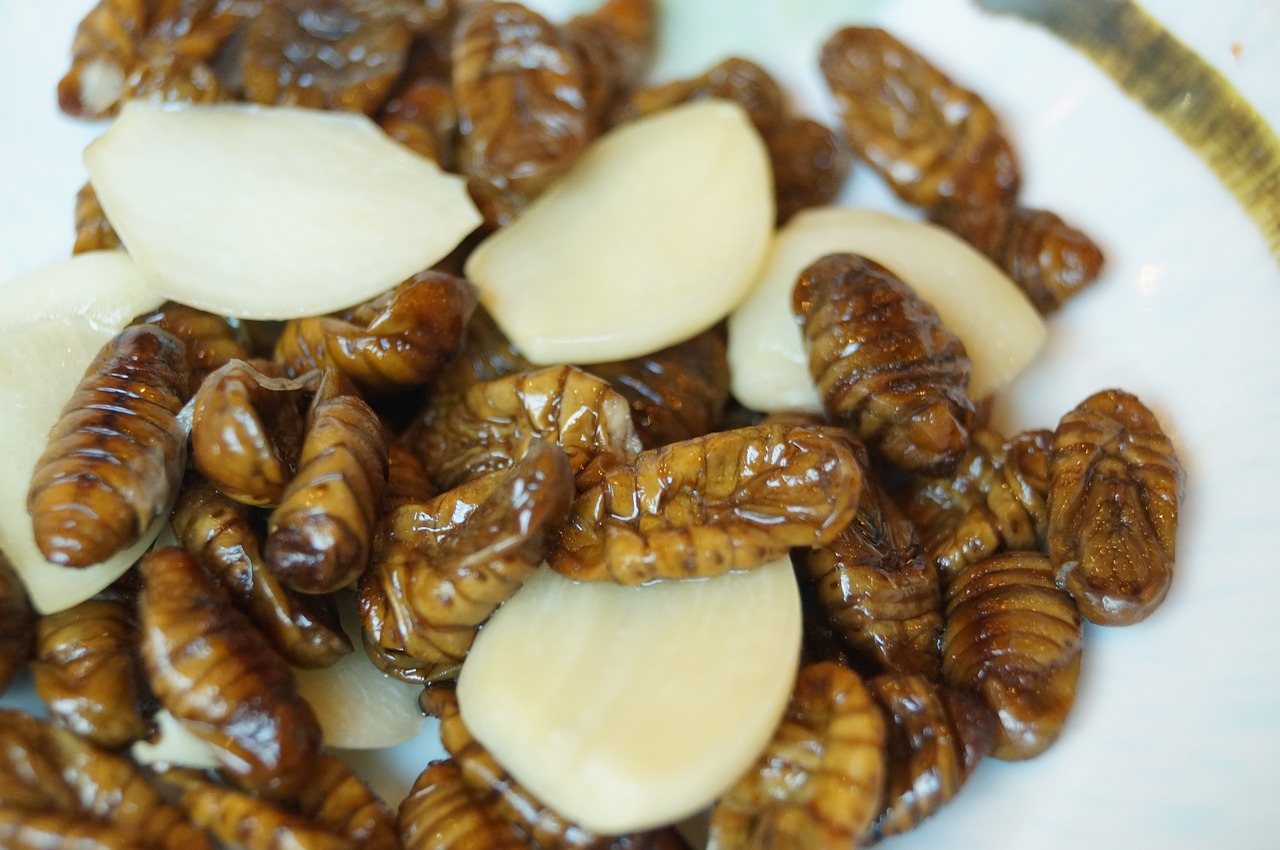Eating ants and other insects could soon be recommended to protect against cancer, following a groundbreaking new study.
A series of experiments by Italian scientists show that the ubiquitous invertebrate – in common with others such as grasshoppers and crickets – contains high concentrations of antioxidants.
The compounds are important for reducing chemical reactions in the body that produce free radicals, which are themselves believed to raise the risk of cancer. They have also been linked to higher chances of cardiovascular diseases and diabetes.
Antioxidants are present in a range of foods, including fruit and vegetables.
Read Also: Walnuts protect against ulcerative colitis, study reveals
However, many of these consumed in the United Kingdom (UK) have a poor carbon footprint.
Food scientists believe western consumers will have to begin incorporating insects into their diet in coming decades, so a group at the University of Rome set out to discover the invertebrates’ antioxidant potential.
They found that after grinding down the insects, many had several times the concentration of antioxidants found in orange juice or olive oil, two of the items most frequently recommended to limit free radicals.
The new study is published in the journal Frontiers in Nutrition.
Water-soluble extracts of grasshoppers, silkworm and crickets displayed the highest values of antioxidant capacity, five-fold higher than fresh orange juice.
The scientists at the University of Rome ground down various insects including ants, grasshoppers, crickets and silkworm.
They then tested the powder to work out how many antioxidants – compounds such as vitamins A, C and E and beta-carotene – were in them.
Only the soluble parts of the insects were used – their wings and stingers were taken off first – with the view of them being consumed as a drink.
Meanwhile grasshoppers, black ants and mealworms contain the highest levels of total polyphenols, another way of characterising antioxidant potential.

